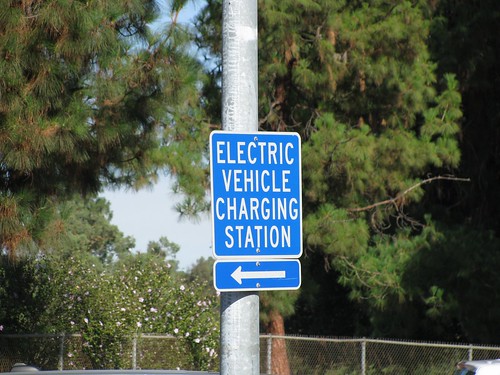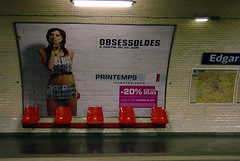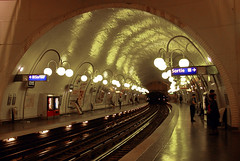Rage against the machine – Seething Brits lambast Eurostar poor crisis management; Rail service halted indefinitely
(Source: Huffington Post; The Independent)
The only passenger rail link between Britain and the rest of Europe has been shut down indefinitely, Eurostar said Sunday, promising more travel misery for thousands of stranded passengers just before Christmas.
Services have been suspended since late Friday, when a series of glitches stranded five trains inside the Channel Tunnel and trapped more than 2,000 passengers for hours in stuffy and claustrophobic conditions. More than 55,000 passengers overall have been affected.
A Bloomberg news report says Eurostar Group Ltd., operator of high-speed trains through the Channel Tunnel will resume a limited service tomorrow after its trains stopped working in snowy weather, causing three days of cancellations.
The disruption will prove “very expensive,” Eurostar said today at a briefing in Paris, while declining to give an estimate of the likely cost.
Some panicked passengers stayed underground for more than 15 hours without food or water, or any clear idea of what was going on – prompting outrage from travelers and a promise from Eurostar that no passenger train would enter the tunnel until the issue had been identified and fixed.
Eurostar runs services between England, France and Belgium. The company said Sunday it had traced the problem to “acute weather conditions in northern France,” which has seen its worst winter weather in years. The company noted that its problem with the trains this weekend has been to do with the changes between the sub-zero temperatures outside the tunnel and the 25C (77F) heat within the tunnel.
The breakdown was probably caused after cold air sucked through intakes on the locomotives was quickly warmed on entry to the tunnel, resulting in condensation that shorted out electrical circuits, Eurostar has said.
The problem represents a “new mode of failure” not encountered before in Eurostar’s 15-year history, Brown said. After 15 years of comparatively trouble-free operations, high-speed train company Eurostar is now facing huge challenges. There have been numerous cold snaps in that time, with the trains running from London through Kent – one of the UK’s snowiest counties.
The company’s bosses must get to the bottom of a cold weather malfunction of trains that appears baffling – even to rail experts.
And they must then win back the trust of the travelling public -a trust which will have been eroded by all the tales of travel misery that emerged this weekend after the train failures within the Channel Tunnel.
Eurostar has suffered two serious in-tunnel fires during its 15-years of operation. But despite those setbacks it has become the way to travel between London and Paris and Brussels.
Already popular, the service was given a further boost when the 68-mile London to Folkestone Channel Tunnel high-speed rail link – now known as HS1 – was completed in 2007.
This enabled passengers to travel to Paris from London in two hours 15 minutes, while London-Brussels journey times came down to one hour 51 minutes.









 WELCOME to Lyon, France, May 11-12, for the Truck & Bus World Forum 2009!
WELCOME to Lyon, France, May 11-12, for the Truck & Bus World Forum 2009! Bienvenue à Lyon, France, 11 et 12 Mai 2009,
Bienvenue à Lyon, France, 11 et 12 Mai 2009,









